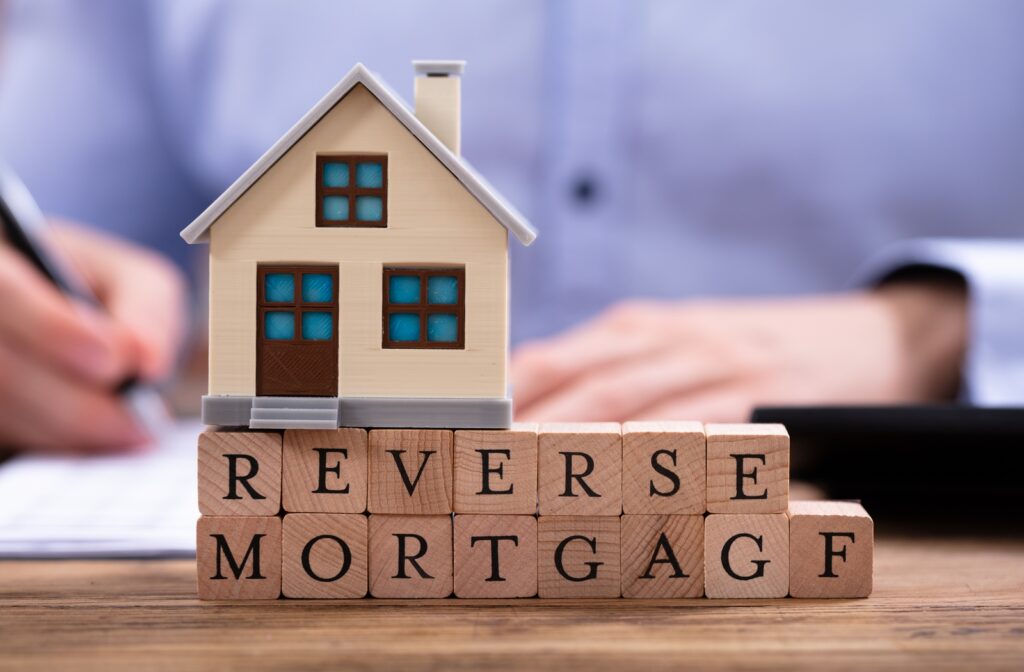Reverse mortgages may seem like a godsend to retired Australians who own their houses outright but are cash-poor. However, they are not without risk.
A reverse mortgage allows a homeowner to borrow money and secure the loan against the equity in their home. As long as you remain living in your home, you do not need to make repayments… however, like any other loan, interest is charged and this compounds over time, increasing the balance of the loan. The loan must be repaid in full if you sell or move out of your house, or if you move into an aged care facility, or die.
While this seems like good deal on paper, many people are not aware of the longer-term financial risks they are taking when they enter into a reverse mortgage.
The interest rates are generally higher than other types of loans, as are the ongoing fees. They may affect your eligibility for the pension. Compound interest can quickly increase the loan balance over time. A fall or stagnation in the value of your home can reduce the equity owing to you when the loan is paid out, leaving less money for medical or aged care expenses. Also, in some reverse mortgages, a person residing with the owner may need to move out too if the owner needs to go into care or passes away.
It is vital that anyone considering entering into a reverse mortgage gets comprehensive legal and financial advice. Please do not hesitate to contact us on 9976 5222 if you are weighing up your options.
READ MORE:
This information and information published on our website and social media sites is general in nature and for information and entertainment purposes only. This information does not constitute legal advice and should not be relied upon as such. If you require legal advice which takes into account your personal circumstances, please contact us for an appointment.

